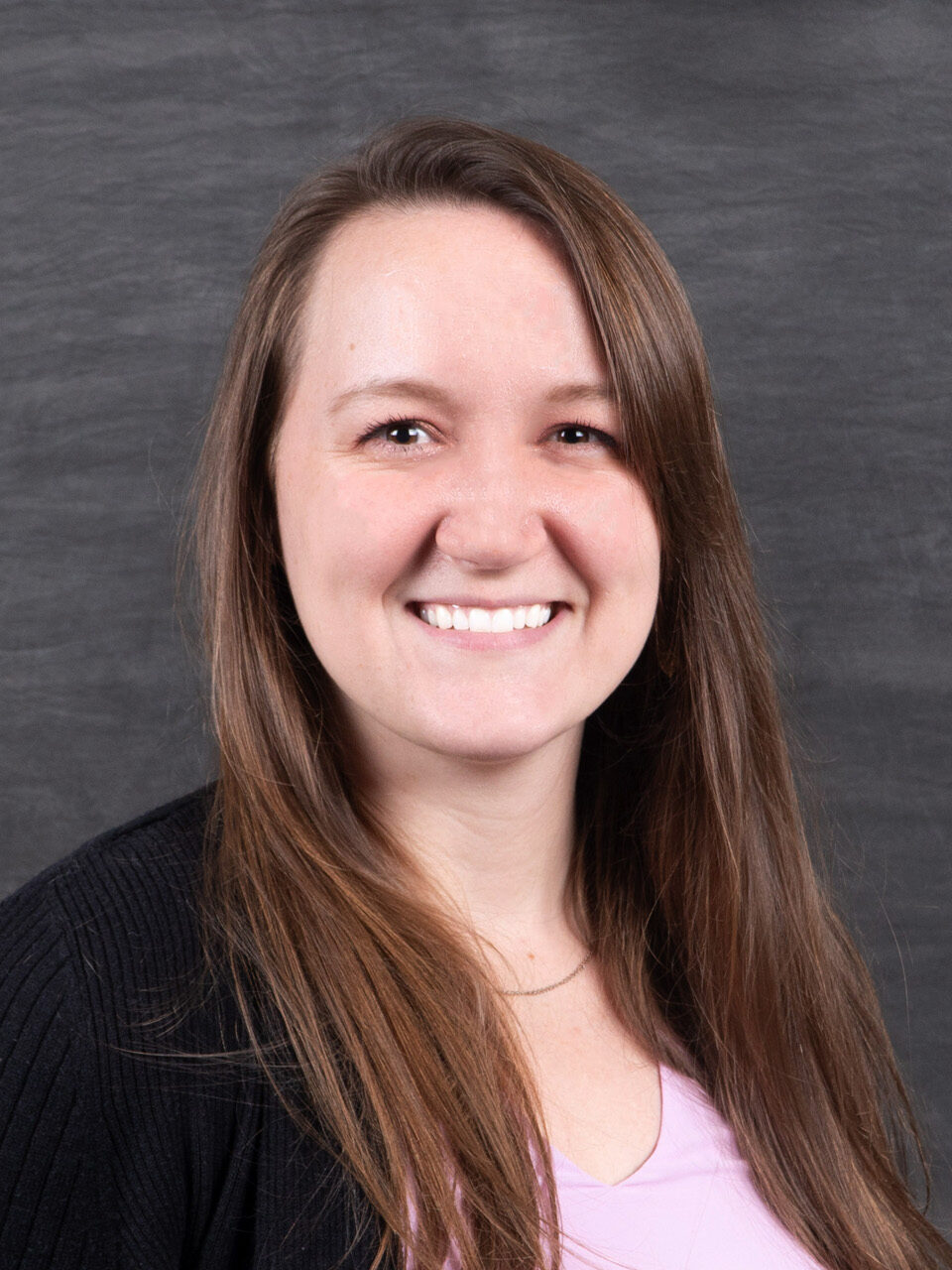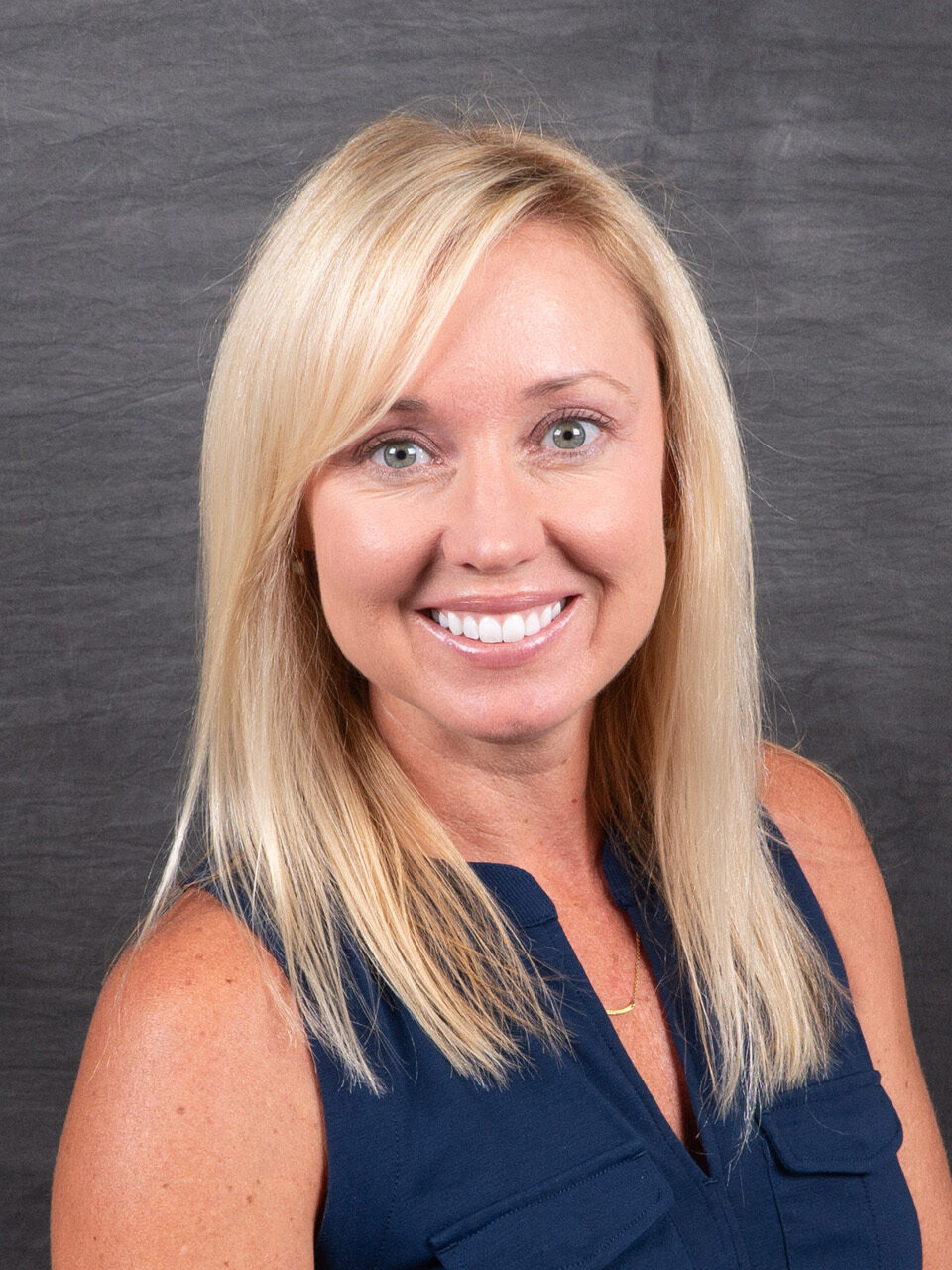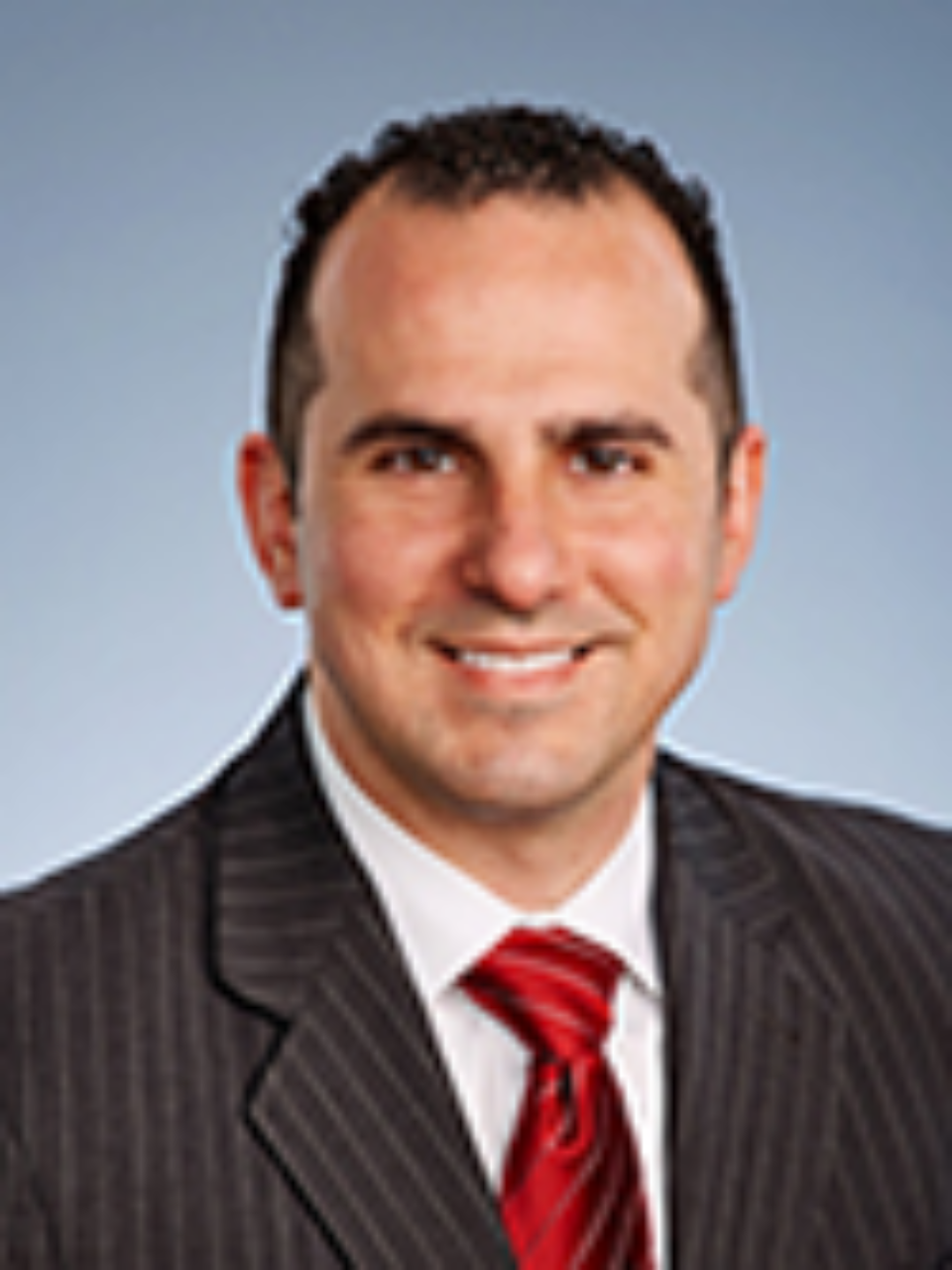Gain expertise in prevention, recognition, evaluation, diagnostics, and therapeutic interventions for a wide variety of musculoskeletal, orthopedics, and general medical illnesses and injuries for an active population.
Pursuing a Loras Master in Athletic Training (MAT) degree and a Bachelor of Science in Kinesiology will prepare you for a career incorporating healthcare, sport, wellness, and an overall focus on an active population.
All students complete hands-on clinical experiences in various sports medicine and healthcare settings starting your first semester in the program.
Loras College’s
3+2 Accelerated Dual Degree
Complete the majority of the Bachelor of Science in Kinesiology requirements during your first three years of study. In your fourth year, you will begin the Master in Athletic Training (MAT) graduate portion of your studies.
Loras has a strong history of providing quality athletic training education and is proud to offer the region’s first 3+2 Athletic Training degree. In this unique, CAATE-accredited program, you’ll develop the knowledge, skills, and professional rapport necessary to sit for the Board of Certification exam and become a Certified Athletic Trainer.
CAATE Accredited &
AATE Member
The Loras MAT program is accredited through the Commission on Accreditation of Athletic Training Education (CAATE) and is also a proud member of the Association for Athletic Training Education (AATE).

We proudly report our CAATE Athletic Training program outcomes and Board of Certification Exam (BOC) pass-rate information.
Research & Awards
All students design and implement original research projects resulting in posters and presentations at the local, state, or national level and in publication.
Loras students are recognized annually for winning numerous statewide and national athletic training academic competitions.
Clinical Experiences Right Away
Starting your first semester in the program, you will get hands-on clinical experiences in various settings.
Quick Highlights
- Bachelor of Science in Kinesiology
- Master in Athletic Training
- On-campus, in-person daytime classes
- 60 credit graduate coursework
- Transfer students encouraged to apply
ADMISSION CRITERIA & ELIGIBILITY
To apply for the 3+2 Athletic Training program, you will first apply for undergraduate, new freshman admission to Loras College (please select “3+2 Athletic Training” as the academic program of interest on the Loras online application). In your junior year, you will apply for admission into the graduate portion of the 3+2 program.
For transfer student information, contact Molly Figgins at molly.figgins@loras.edu or 563.588.7995.
Application Instructions for MAT
Degree Requirements & Outcomes
Book a Chat
Schedule a personalized visit or a video chat to learn more about the curriculum, internships, outcomes, and the enrollment process.
Get in Touch
Tuition & Aid
If you choose the 3+2 pathway, you will be charged undergraduate tuition and financial aid until you complete your undergraduate requirements. Once complete, you will be considered a graduate student and pay the graduate tuition and associated financial aid. The predicted number of undergraduate credits for a 3+2 student is 128, including general education and major requirements. The anticipated number of graduate credits for a 3+2 student is 35.
Eligibility for full-time undergraduate status during the fourth year requires that the student take at least 12 credits per semester. If fewer credits are taken, financial aid will be proportionately decreased. Institutional aid from Loras College is awarded to undergraduates for up to four years. Federal and state aid for undergraduates is based on undergraduate eligibility and Satisfactory Academic Progress requirements.
Straight Talk From a Duhawk
The athletic training professors care about you as a person and a student, and if you are involved in sports they also love to cheer you on.
— Caitlyn (’26)
Athletic Training FAQ
Graduate Programs FAQ
Meet Your Professors

Sharon Feld EdD LAT ATC
Assistant Professor of Athletic Training
Athletic Training Clinical Education Coordinator

Molly M. McDonald Figgins PhD ATC
Associate Professor of Athletic Training
Athletic Training Program Director

Adam Susmarski DO
Loras Head Team Physician
Master of Athletic Training Medical Director

